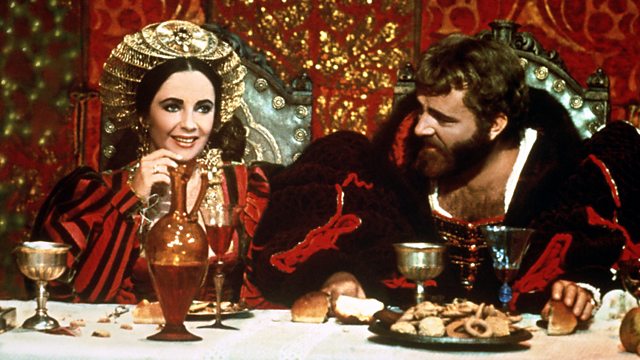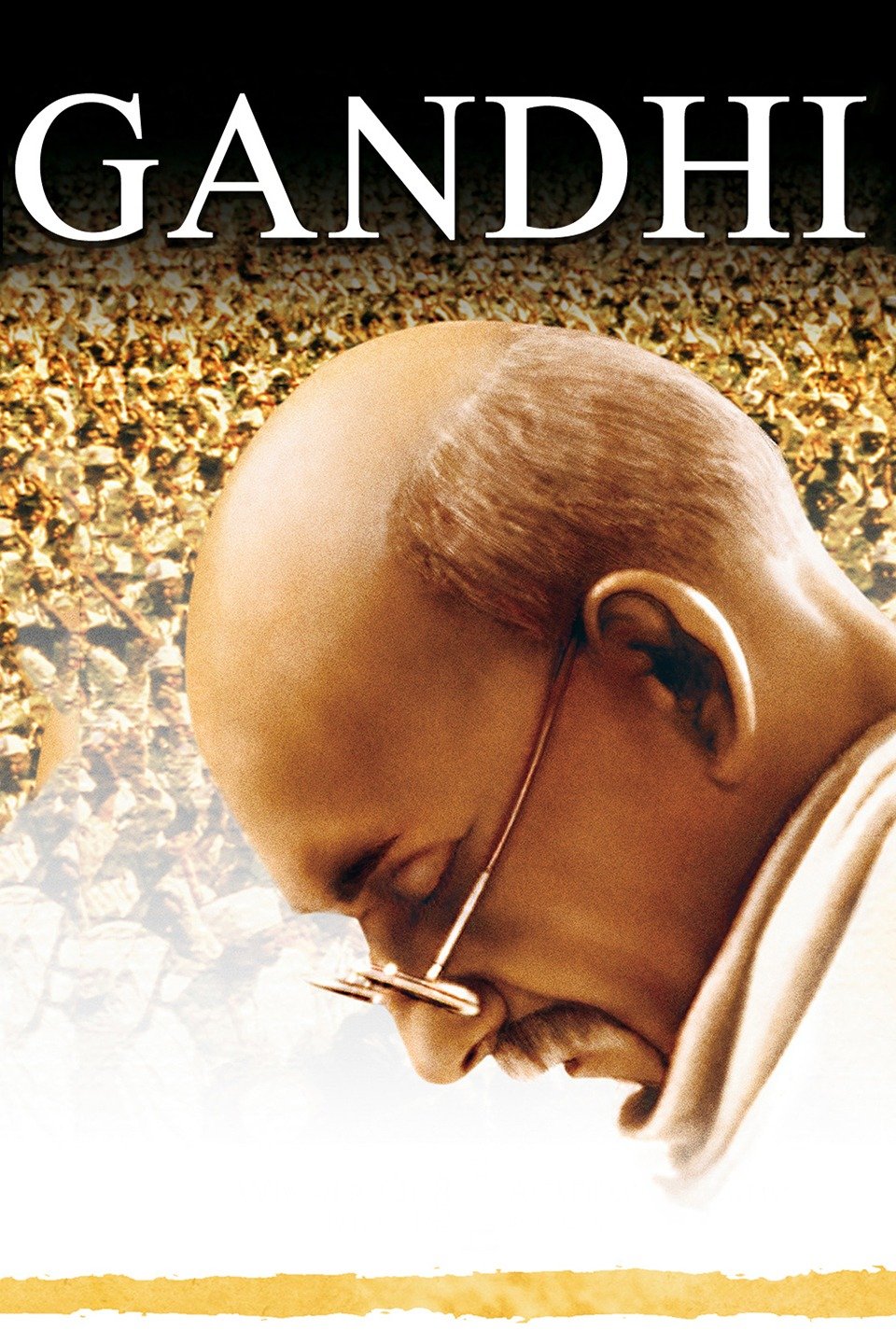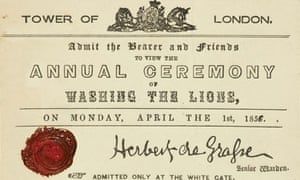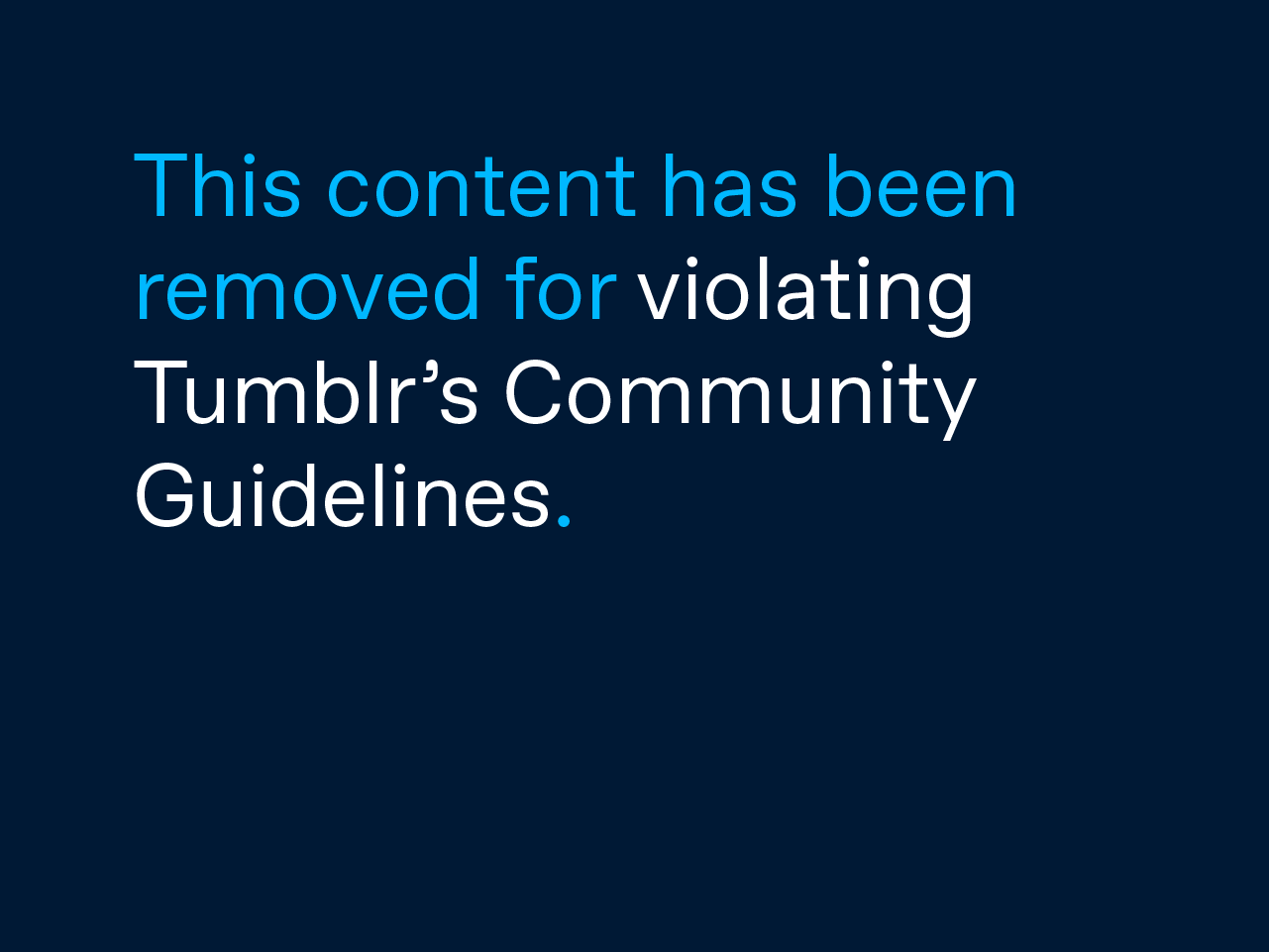1. Check out literature circle books. Get started reading your books. We will have our first meeting on Friday to set reading assignments.
LITERARY CIRCLE GROUPS:
4th Hour-
F451: Emma, Cameron, Connor, Carter, Cassey
LOTF: Aiden, Isaac, Kara, Julia, Sarah, Alejandro
Animal Farm: Jack, Abby, Hailie, Caleigh
Night: Hallie, Kaylie L., Destiny, Mikayla, Bryce
5th Hour-
F451: Hallie, Jeremy, Tommy, Sorai, Cayla
Night: Ryen, Lilly, Cooper, Cassidy, Destiny
LOTF: Caleb, Kaia, Maria, Jaden, Caidyn
6th Hour-
F451: Sidney, Richard, Kyanna, Lyle, Luke, Natalee
Night #1: Halle, Sophia, Lucy, Lauren
Night #2: Kaitlyn, Katie, Olivia, Madison
LOTF: Katarina, Joey, AJ, Morgan, Bladen
7th Hour-
LOTF: Colten, Mitchell, Dylan, Simon, Austinn
F451: Lauren, Athena, Hannah, Mikayla, Keithon, Paige
Animal Farm: Joseph, Corbin Aidan C., Christian, Kesi, Cadao, Devyn, Abigail
BNW: Aidan L., Cole, Logan
Night: Abby K., Rachel, Miracle
2.
EOC Reading Passages Practice.
Active reading means:
Ask questions and take notes as you read the passage. Asking questions about the passage and taking notes needs to be the integral parts of your approach.
You should ask questions such as:
- Why did the author write this word/detail/sentence/paragraph?
- Is the author taking a side? If so, what side is he or she taking?
- What are the tone and purpose of the passage?
- The “why” or the central idea of the passage—in other words, the thesis statement
- Transitions or changes in direction in a passage’s logic
- The author’s opinions and other opinions the author cites
Make sure you remember to:
- Read the question stem carefully. What are the key words in the stem?
- Take notes, circle keywords, and underline key phrases.
- Predict and answer. Consider an answer before looking at the answer options.
3. In Schoology, you will need to complete the EOC reading practice. There are two passages with a question set for each. Take your time. Think about what the question is asking you. Use the online tools to annotate the passage.















